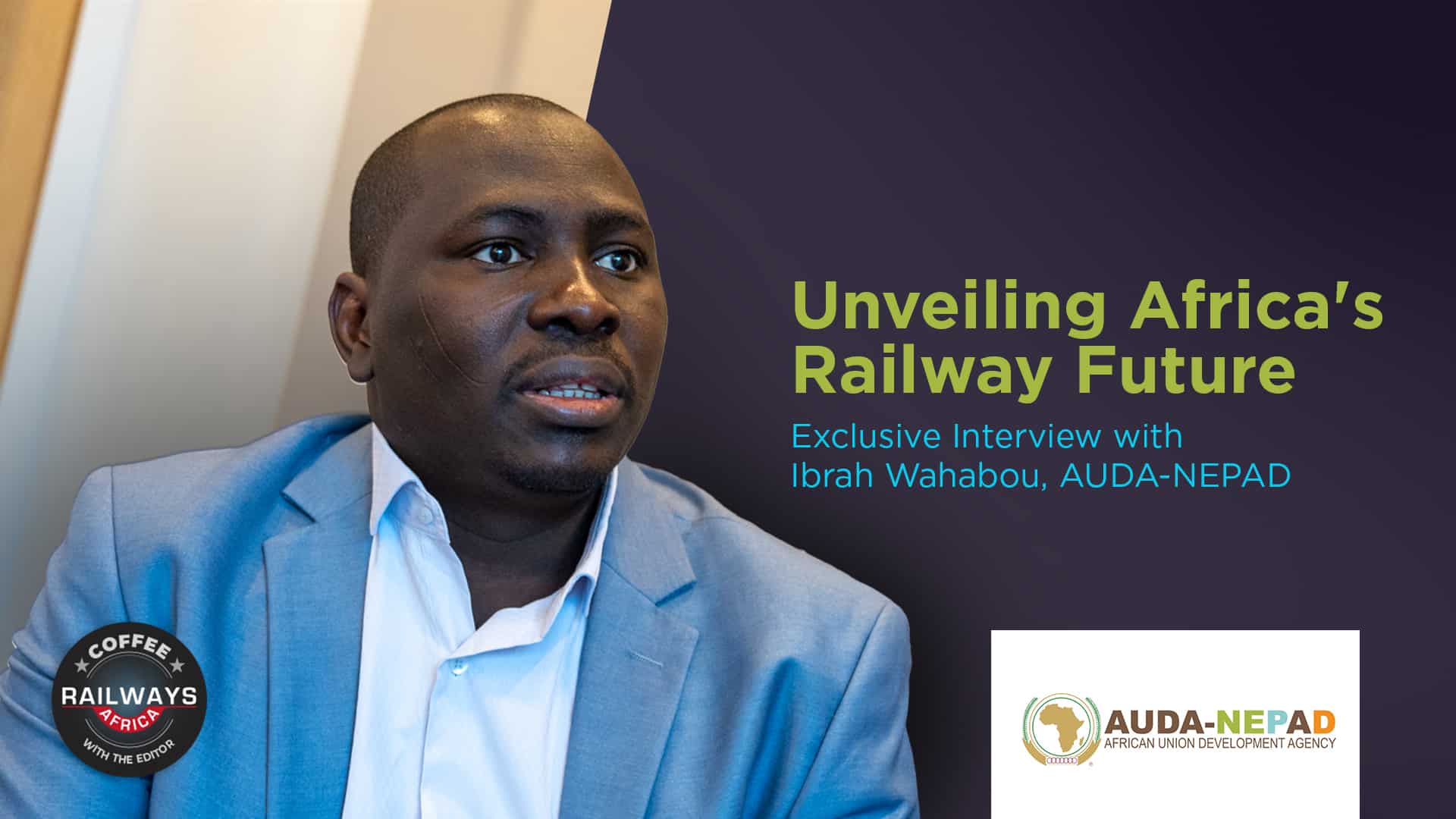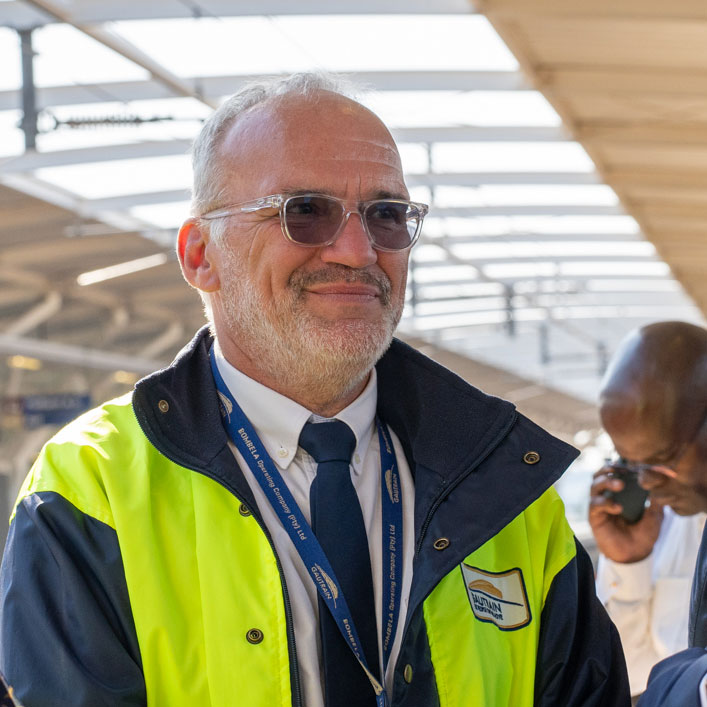In a recent enlightening Coffee with the Editor, Ibrah Wahabou, the Senior Programme Officer at the African Union Development Agency (AUDA) – NEPAD, we delved into the intricacies of Africa’s rail infrastructure development. Held in the vibrant city of Addis Ababa, this conversation was not just an exchange of ideas but a deep dive into the future of African connectivity.
AU-NEPAD’s Mission: Bridging Policy and Development
Wahabou, spearheading the Infrastructure and Connectivity aspect, emphasised AUDA-NEPAD’s pivotal role in transforming African Union policies into tangible development projects. Their focus spans across vital sectors such as agriculture, environmental sustainability, human capital and notably, infrastructure and industrialisation. AUDA-NEPAD stands as Africa’s beacon for developmental partnership and resource mobilisation, striving to enhance connectivity through various infrastructural elements like roads, railways, and digital technology.
African Integrated High-Speed Rail Network: The Journey Ahead
The discussion progressed to the ambitious African Integrated High-Speed Rail Network, a flagship programme under Agenda 2063. This vision for the next 50 years looks to a transformed continent with robust infrastructure. Wahabou highlighted the network’s transition from a high-speed focus to a broader, more inclusive African Integrated Railways Network, pending adoption by African heads of state.
This ambitious project intersects with PIDA (Programme for Infrastructure Development in Africa), encompassing transport, energy, water, and ICT sectors. The challenge lies in marrying project preparation with sustainable financing, all while navigating the complexities of cross-border policy harmonisation.
Overcoming Obstacles: The Path to Implementation
Wahabou candidly addressed the slow pace of project implementation, stressing the need for a systemic approach. This approach requires aligning projects with national economic development plans and exercising strong political will to ensure timely completion. He also highlighted the importance of the integrated corridor approach, which views rail lines as economic development lifelines rather than mere transport routes.
Financing Africa’s Railway Revolution
A significant portion of the discussion revolved around financing these mammoth projects. Wahabou proposed leveraging domestic resources, like Pension Funds and sovereign wealth funds, alongside private sector investment and traditional funding methods. He underscored the need for innovative funding mechanisms, such as pooling resources or establishing levies to sustain and expand rail infrastructure.
The Road Ahead: Frustrations and Aspirations
Concluding the interview, Wahabou empathised with common frustrations around the slow pace of development and funding challenges. He reaffirmed AUDA-NEPAD’s commitment to transforming Africa’s rail network into a catalyst for intra-African trade and economic growth, underpinning the success of the African Continental Free Trade Area.

